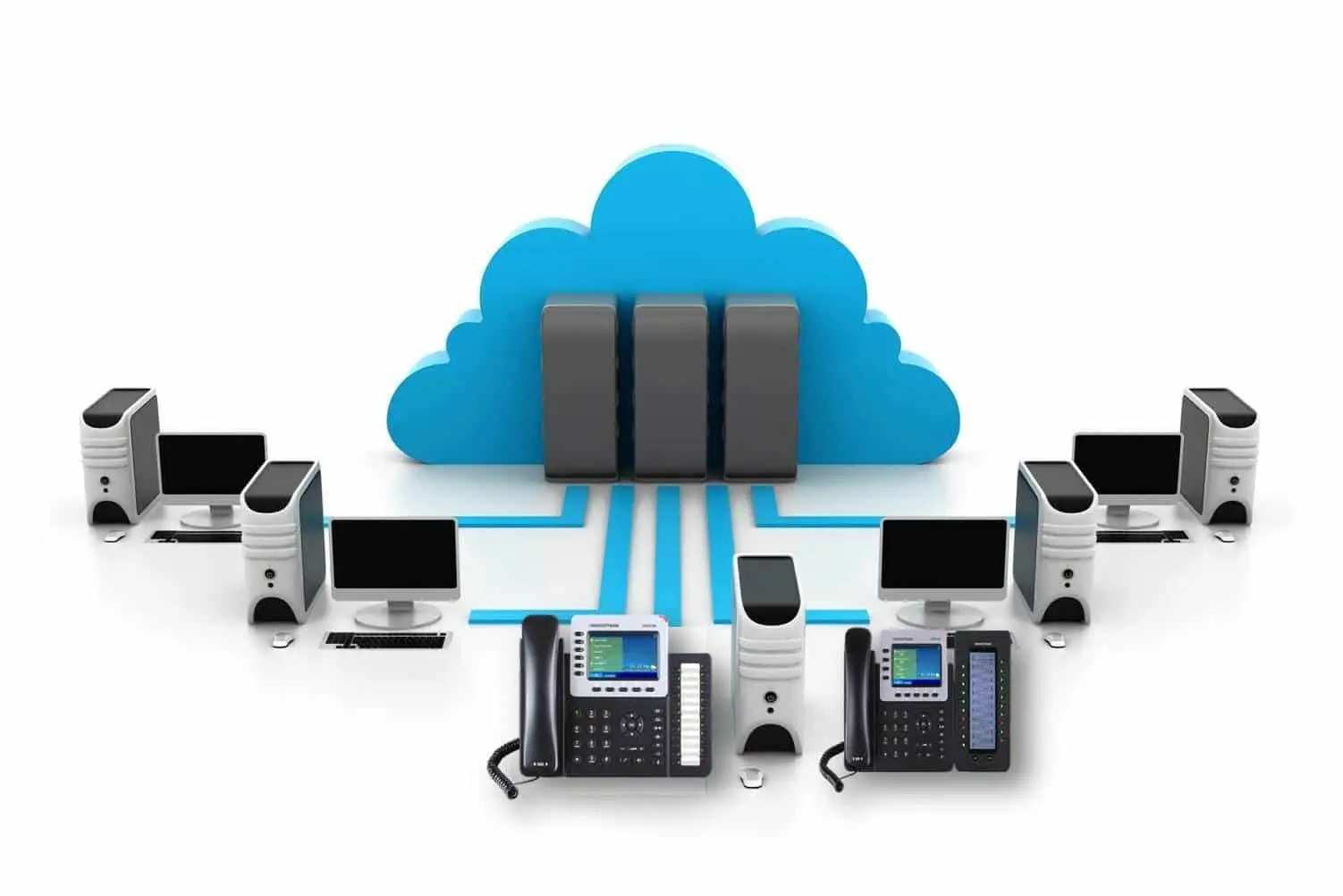 In the past, business agility was primarily viewed as a project management methodology in the software space (e.g. “agile development”). The essential idea that instead of working in a structured way towards a clearly defined objective or outcome, teams would collaborate, self-organize, iterate and adapt to meet emerging needs and developments.
In the past, business agility was primarily viewed as a project management methodology in the software space (e.g. “agile development”). The essential idea that instead of working in a structured way towards a clearly defined objective or outcome, teams would collaborate, self-organize, iterate and adapt to meet emerging needs and developments.
However, these days business agility is not just a project management methodology. It is a paradigm and an approach to all kinds of work, because being flexible and adapting to change is not just important for success, but it is critical for survival. And that is where a hosted cloud phone system enters the picture.
Here are 5 key ways that a hosted cloud business phone system drives business agility, and helps businesses of all sizes — from small firms to large enterprises — strategically respond vs. frantically react to change when (not if) happens:
Centralized Communications
A growing number of businesses are adding remote workers — and not just contractors and freelancers. A survey of 1,000 hiring managers found that 40% expect to add full-time remote employees over the next decade.
A hosted cloud business phone system unifies all staff — freelance, part-time, seasonal, contract and full-time — on a shared, centralized system regardless of where they are located. The result is streamlined and efficient team-based collaboration and communication, which is without question the foundation of strong and profitable business agility.
Seamless Scalability
One of the biggest business agility pitfalls is trying to predict the number of phone system users. If the number is too low, then it means that new hires are forced to wait until (expensive) new lines are installed. If the number is too high, then it means that businesses are paying for capacity that they aren’t using — and basically throwing money down the drain.

A hosted cloud business phone system is built for seamless scalability. Businesses that experience rapid growth can easily and affordably add new numbers (complete with private voicemail). And on the other side of the spectrum, businesses that downsize or contract their operations can simply allow excess seat licenses to expire. There is no risk of paying for capacity that they do not need.
Total Mobility
According to research by International Data Corporation (IDC), the number of mobile workers — i.e. those who work at least part of the time outside of a traditional office — in the U.S. is expected to reach 105.4 million in 2020, which would account for a whopping 72% of the overall workforce.
A hosted cloud phone system is designed to support total mobility. Remote workers — whether they are occasionally away from the office, or if they are “road warriors” or “digital nomads” — can connect to the system from their smartphone, or any internet-enabled desktop or laptop. This built-in versatility is critical for exploiting agility, because business doesn’t slow down when staff are away from the office. On the contrary, it often speeds up!
Zero Technical Support Burden
With a conventional landline business phone system, businesses are responsible for technical support. And if they lack the resources to handle it in-house, they must purchase an expensive maintenance agreement and wait for technicians to schedule a repair, replacement or upgrade. This definitely bogs down business agility — and also increases the overall price tag.
With a hosted cloud business phone system, there is absolutely no technical support burden. Everything is handled by off-site experts, who take care of fixes, upgrades, and ongoing innovations.
Value Added Integrations
Last but certainly not least: to exploit the rewards and benefits of agility, businesses need to connect the various technologies in their ecosystem, so they can streamline administration and create a single-source-of-truth.
A hosted cloud business phone system is cloud-based, which means that businesses can integrate it with other technologies — and ultimately make faster, better and more profitable decisions.


